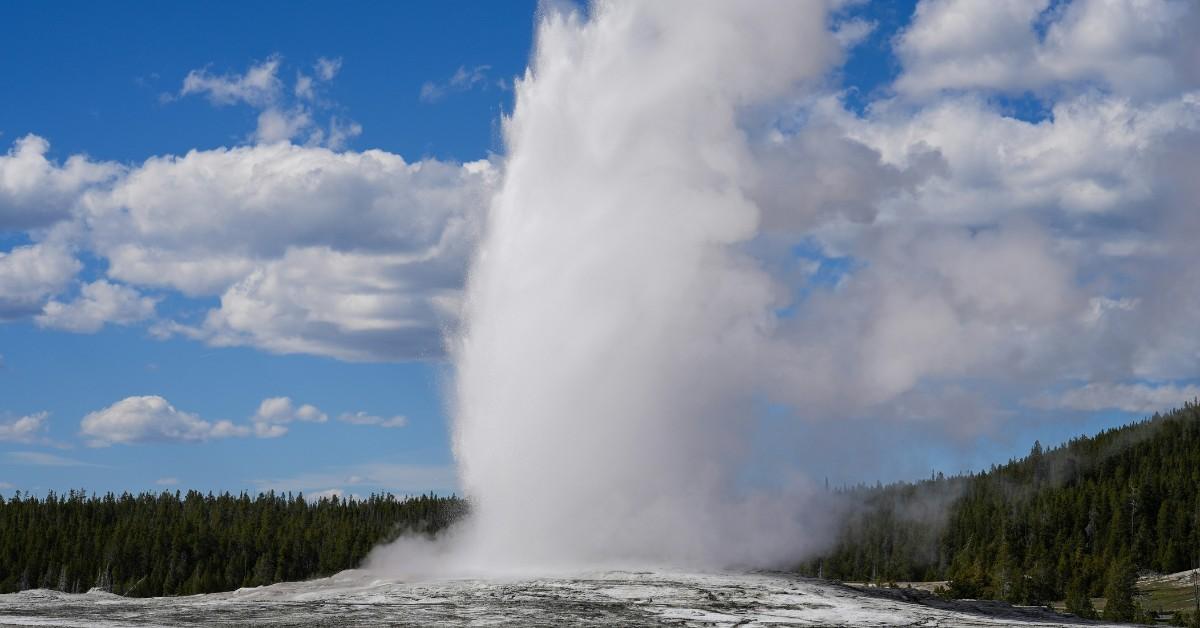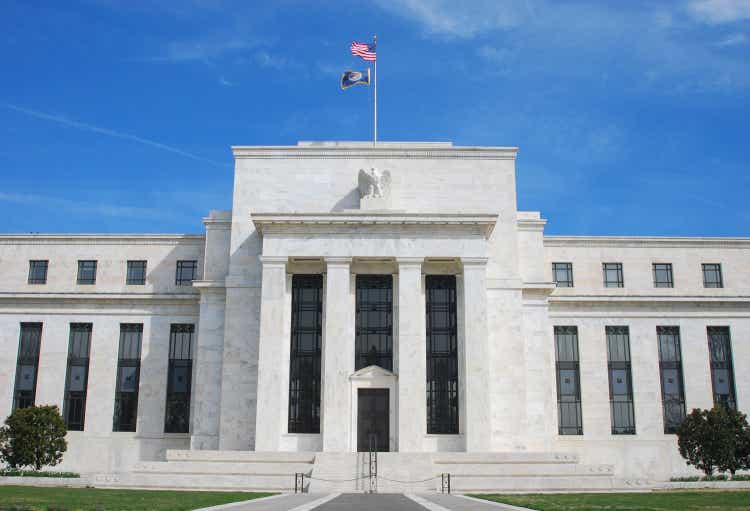T4K3.news
Yellowstone supervolcano concerns persist
Scientists monitor Yellowstone's magma, indicating potential dangers, though an eruption is unlikely soon.

Scientists are monitoring Yellowstone's supervolcano for its potential risks to global stability.
Concerns Over Yellowstone Supervolcano Eruption Grow
Fears surrounding the potential eruption of Yellowstone's supervolcano continue to rise despite evidence suggesting that such an event is unlikely in the near future. Recent research from the United States Geological Survey highlights a significant quantity of magma stored beneath the Yellowstone Caldera, particularly in the northeast region. The study reveals that between 400 and 500 cubic kilometers of magma exist. While this quantity is sizable and raises alarms about a future eruption, experts agree that history suggests no imminent danger. Historical eruptions have occurred approximately every 735,000 years, with the last major event happening 630,000 years ago. Therefore, scientists continue to stress that while monitoring remains essential, the next super-eruption is likely thousands of years away. The potential impact of such an eruption, however, could be catastrophic, affecting global climates and agriculture.
Key Takeaways
"The next super-eruption could be many thousands of years away."
This quote highlights the long timescale of geological events at Yellowstone.
"While the threat is distant, it is not impossible."
This serves to remind that vigilance is necessary even for unlikely events.
The juxtaposition of scientific findings and public fear presents a challenge for communication about natural disasters. Yellowstone's supervolcano is a prime example of how scientific data can be misinterpreted. The potential for a significant eruption looms large in public consciousness, yet the consensus among experts is clear: an eruption is not imminent. This divergence emphasizes the need for transparent education on geological risks. Awareness is crucial, but so is managing unnecessary panic. Mitigation strategies and ongoing research into geothermal activity could provide more reassuring pathways forward.
Highlights
- Monitoring Yellowstone's supervolcano is both critical and challenging.
- Fear over Yellowstone's eruption reflects broader concerns about natural disasters.
- A super-eruption could have global climate impacts, not just local devastation.
- Continued research helps demystify Yellowstone's geological activity.
Potential Risks of Yellowstone Eruption
Despite current stability, the implications of a super-eruption are severe, warranting continuous monitoring and public awareness.
Continued monitoring and education are vital in addressing fears about Yellowstone's supervolcano.
Enjoyed this? Let your friends know!
Related News

New findings reveal risks of Yellowstone supervolcano eruption

New thermal feature discovered in Yellowstone

Supervolcano eruption may threaten global civilization

Yellowstone supervolcano could have global effects if it erupts

Cat sneezing could signal health problems

Federal Reserve discusses inflation and balance sheet runoff pace

BofA downgrades Novo Nordisk due to growth concerns

Mother diagnosed with rare cancer after mistaking symptoms for a cold
